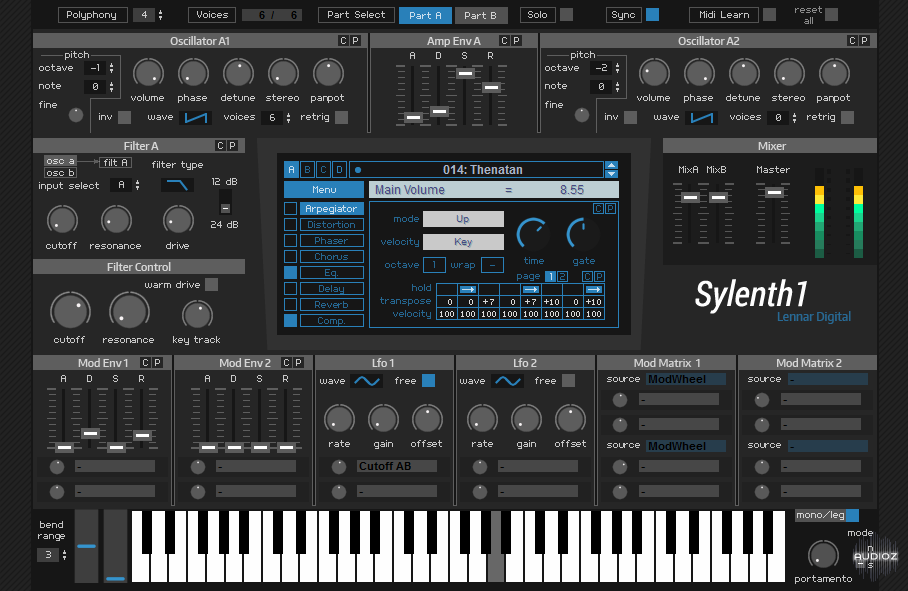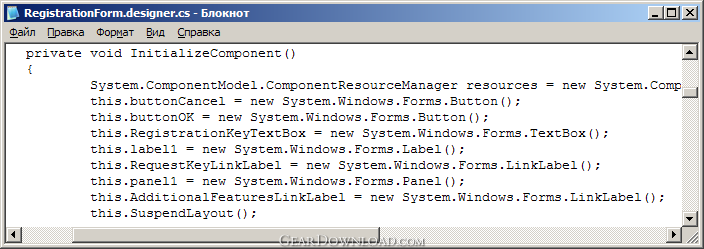

network and get more likes, followers, reposts.ġ click - select a background for your post. Just 2 clicks you can create a beautiful and original post for your page in the social. Now you don't need a desktop computer and a graphical editor to create a cool post. chains, greeting cards, ads, and other graphics directly on the screen of your phone. The app is suitable not only for placement of text on photo, but to create graphic posts in the social. chains, greeting cards, ads and other graphics on the screen of your phone. Advanced Javascript Frameworks (e.g.The textLab is a powerful tool for creating graphic posts in the social.Machine Learning analysis with Python and Tensor Flow.HTML, CSS, Javascript: basic front end web application technologies.
#TEXTLAB FOR WINDOWS SOFTWARE#
TEI, XML, and Oxygen XML editor (a standard software for advanced publishing).Git Version Control and Social Collaboration using Github.Text extraction (via image segmentation, OCR or HTR).Skills and technologies practiced during fellowship include: To apply, send a resume and cover letter to the DH Lab director, Dr. The Lab is now accepting applications for the 2021-2022 term. Further, Fellows during their final summer will act as a mentor to new incoming Fellow. If accepted, the fellow receives $4,000 to conduct their research over the final summer. The project proposal is sent to the Center for Humanities for review. As a final outcome, student projects are expected to produce an edited text, a research, article, and self built web application with which to publish the results of their research. In early spring, students put together a proposal for their own research project related to the texts they have been working with during the fellowship. Fellows work for 5 hours a week and are paid $10/hr for during the first summer, fall, and spring term. The fellowship lasts the course of a year and a summer (summer, fall, spring, summer). Skills learned as a DH fellow will give students a good sense of the kinds of modern technical skills need to work in these traditional humanistic career paths. Library, museum, publishing, and archival work is not conducted the same way it was 20 or even 10 years ago. Information management has always been a critical piece of humanities research, but as the world changes, the technical skills needed to work in this area are changing. By the end of their term, Fellows will have been exposed to a number of skills increasingly essential in any career where information is at the center.

Lab projects are focused on the the creation of editions of historical texts in Latin or modern translations, the organization of textual data using Linked Data technologies and principles, data visualization (typically with modern javascript frameworks), and machine assisted data analysis (topic-modeling, td-idf, sentiment analysis, machine learning classification, etc.)ĭH Fellows participate in activities in a graduated way that allows them to build their DH skills over time. DH Fellows participate in ongoing projects at the Loyola Digital Humanities Lab.


 0 kommentar(er)
0 kommentar(er)
